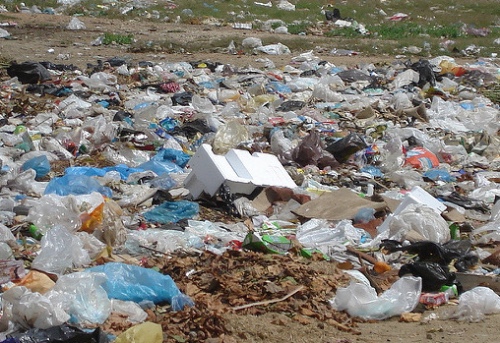
DAVID ADAMS takes a quick look at the global trend to ban the plastic bag…

PICTURE: Zainub Razvi/Flickr/under licence CC BY-SA 2.0 (image cropped)
Once admired for their lightweight versatility, plastic bags are increasingly being seen as an environmental scourge, causing problems to animals both on land and in the sea, leeching toxins, clogging up our waterways and, even entering the food chain. It’s a sizeable problem – estimates generally put the number of plastic bags used globally each year at around a trillion (that’s around two million a minute, with some, a 2015 report suggested, used for just 12 minutes before being thrown away). And it’s a problem which is only exacerbated given that the bags, which contain polyethylene, will take centuries to completely break down. To combat the growing problem caused by bags, the past couple of decades have seen numerous countries, provinces, states and territories introduce restrictions on their use – whether that has meant outright bans or the imposition of taxes to limit their uptake. While Denmark introduced the first tax on plastic bag use back in 1993, the first recorded ban was in Bangladesh in 2002 (bags had been blamed for exacerbating flooding in the country and while the move was welcomed at the time, it has reportedly had only a limited impact on reducing the number of disposal plastic bags being used). Since then bans have been implemented everywhere from Myanmar to Morocco (including bans in several Australian states and territories with Queensland, as of 1st July next year, being the latest). Mostly applicable on single-use bags (that is, those that usually thrown away after use), the bans generally prohibit supermarkets and other stores from supplying plastic bags to customers and encouraging the use of reusable bags in their place. While the bans won’t solve the worldwide issue of plastic waste and the dangers it poses on their own (bags are just one part of a bigger problem), they are generally seen as a positive step towards decreasing environmental pollution across the globe. The trend seems to show that it’s only a matter of time before bans become more widespread but why wait? Even if you’re not living somewhere bans have been introduced, maybe now is the time to start thinking longer term and opt for a repeat-use alternative, like a cloth bag, instead.





